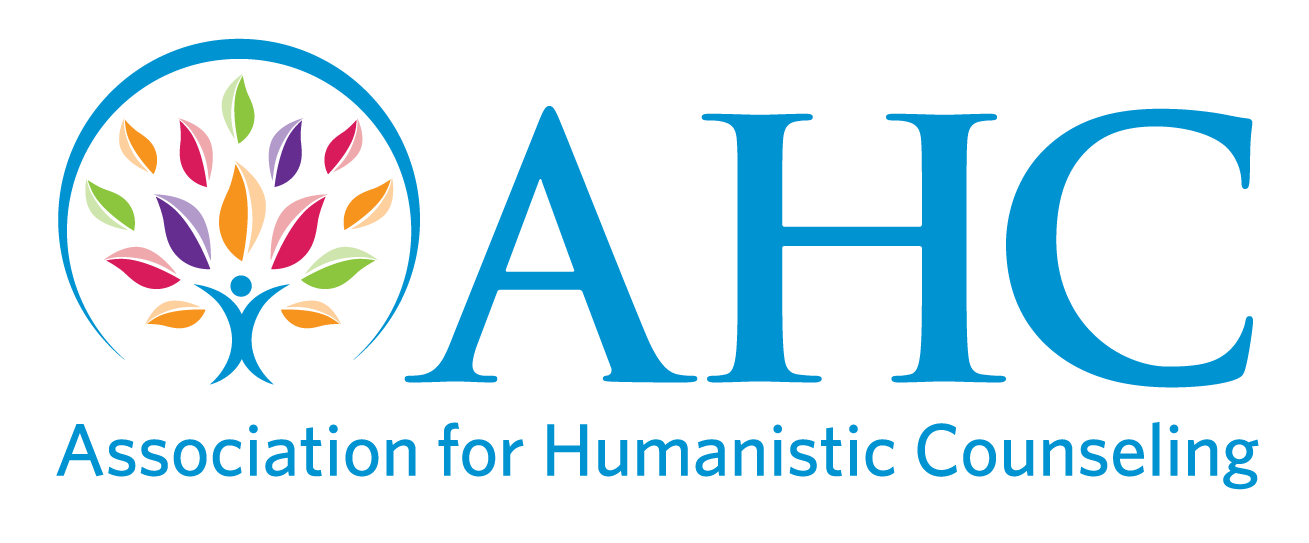Birthing the Counseling Experiential Learning Collective
By: Sarah Stewart-Spencer, Ph.D. and April Crable, Ph.D
The Coronavirus-19 pandemic ushered in global challenges that forced creative adjustments in most areas of society. These adjustments rippled through academic programs across the world. Traditional counselor education programs encountered the immediate need to transform into distance training. However, all counselor education, both tradition, and distance, faced new obstacles regarding practicum and internship experiences.
Agencies, hospitals, community centers, and private practices closed their doors worldwide for in-office face-to-face therapy. It left many practitioners worried about client wellbeing, continuity of care, and the ability to transition to telemental health services. At the same time, many counselors-in-training lost the ability to obtain needed clinical, direct hours with clients to satisfy their masters-level criteria for graduation. Dr. Donna Sheperis of Palo Alto University explained, “When the counties around my university shut down early in the pandemic, my first concern was for students who were preparing to graduate. They had worked so hard to get this far in their training and then were stuck in a holding pattern while sites attempted to figure out how to meet client needs through telehealth. I found my workload tripled for several months. Students were anxious, afraid, and needed support. No one had ever experienced anything like this so we didn't have a road map but knew we needed to do everything we could to both help them get safely back into clinical work while addressing their very real need for support and compassion. It was a scary and exhausting time for faculty, students, and sites.”
While some universities created solutions focused solely on their unique needs and student population, others had to think beyond individual program needs, primarily the standards of CACREP and state-specific requirements. This collective experience of online counselor education programs opened the opportunity for new, connections and collaborative teams to form. Dr. Earl Grey-Brooks of South New Hampshire University shared, “Being part of the counseling experiential learning collective is gratifying to be working alongside colleague that have similar passion for experience learning and field experiences that cultivate new counseling professionals. It is exhilarating to have found a group of colleagues to grow with.”
A group of counselor educators with years of experience in experiential learning from different counselor education programs met at the start of the pandemic to create an advisory forum. This platform offered solution-focused discussions based in a collaborative spirit that pushes the profession forward together. The advisory forum created best practices for field training experiences and worked together to tackle challenges for students facing forced-stop on their academic and professional goals.
In many professions, competitors are not seen as allies. They are merely adversaries to overcome. The counseling profession works in a spirit of wellness, collaboration and aspirational ethics. This competitive mindset was cast aside to create a group of experts that could better counselors-in-training all over the country and in Canada. Care for our profession as well as for our students remained the guiding light through the pandemic. Dr. Heather Chesterton of University of the Cumberlands added, “For better or for worse, this pandemic is far from behind us. While the immediate crisis and sense of urgency has passed, it’s time to organize and execute a plan of maintenance and longevity. While I, personally, am so pleased and impressed to have discovered the resiliency within my colleagues, students, and so many programs in hurdling the initial impact of this pandemic, I take great comfort and confidence in knowing that moving forward I have a group of trusted advisors and like-minded pioneers to come alongside where we can push one another, as well as the profession, forward.”
As the pandemic lingers and over a year later, the advisory moved into a new place of purpose. Our mission is to:
Our mission is to create experiential learning innovations to promote excellence in counselor education as an inclusive celebration of the human experience across the globe.
Our vision is to unite the global counseling community by elevating counseling experiential learning as an opportunity to open access to and practice with quality counseling services. Through scholarly investigation, clinical expertise, and lived experiences, we target decreasing distance between counseling students, counselors, and clients thru creating experiential learning innovations to celebrate the human experience inclusively.
This experience has been one of growth and triumph during a time of tragedy and challenges. The members of the board created a space to share expertise, build connections, and support. Additionally, the forum seized an opportunity to set the groundwork to complement the current best practices and create new ones for experiential learning.
Group Members:
Dr. Amber Lange, Capella University
Dr. April Crable, Liberty University
Dr. Donna Shaperis, Palo Alto Universeity
Dr. Earl Grey-Brooks, Southern New Hampshire University
Dr. Heather Chesterton, Concordia University
Dr. Ljubica Spiro, Southern New Hampshire University
Dr. Sarah Stewart-Spencer, Yorkville University
Dr. Theresa Kascsak, Capella University
